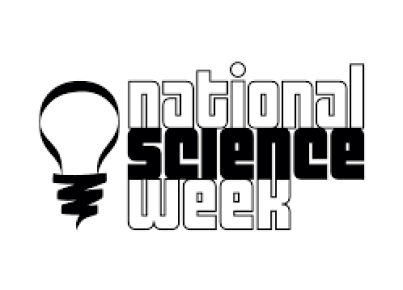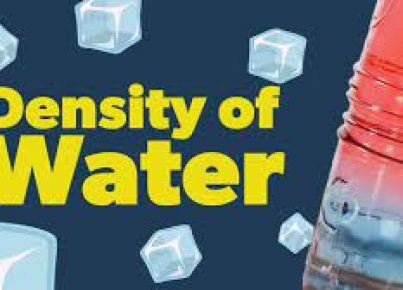Electrical energy is an essential topic in the realm of science education, playing a vital role in the understanding of fundamental physics as well as practical applications in modern society. Teaching resources that effectively convey the concepts of electrical energy are crucial for educators at all levels.
From primary school activities that introduce the basics of electric circuits to advanced simulations for college students analyzing power systems, the variety of teaching resources available is expansive. Good educational materials can enrapture students with interactive experiments, such as building simple batteries out of everyday materials, to comprehensive virtual labs where they can manipulate variables and see real-time effects on electrical systems.
One popular resource is the PhET Interactive Simulations project by the University of Colorado Boulder, which offers free access to a range of engaging science simulations including topics on electrical energy. These allow students to explore concepts like voltage, current, and resistance in an interactive online environment. For a more hands-on approach, kits like Snap Circuits provide students with the components to build and test their own electric circuits safely.
For classroom learning, multimedia presentations utilizing animations and videos can illustrate concepts that might be difficult to capture in live demonstrations. Websites like Khan Academy and BBC Bitesize break down complex topics into manageable lessons that are accessible to learners worldwide.
Furthermore, lesson plans and curricula provided by institutions like NASA and the Institute of Electrical and Electronics Engineers (IEEE) include comprehensive outlines on how to teach electrical energy topics aligned with educational standards.
To cater to differing learning styles, literature ranging from textbooks to graphic novels can be used. Textbooks offer detailed explanations and practice problems for diligent study, while graphic novels such as “The Manga Guide to Electricity” by Kazuhiro Fujitaki provide a more narrative approach to learning physics principles.
In conclusion, a wealth of electrical energy teaching resources exists for educators looking to ignite curiosity and foster comprehension in their students. By leveraging this diverse toolkit, teachers can ensure that their students build a robust understanding of electrical energy – from its scientific basis to its numerous applications in our daily lives.





